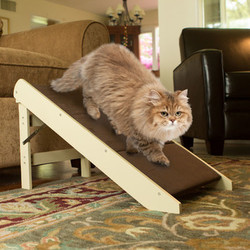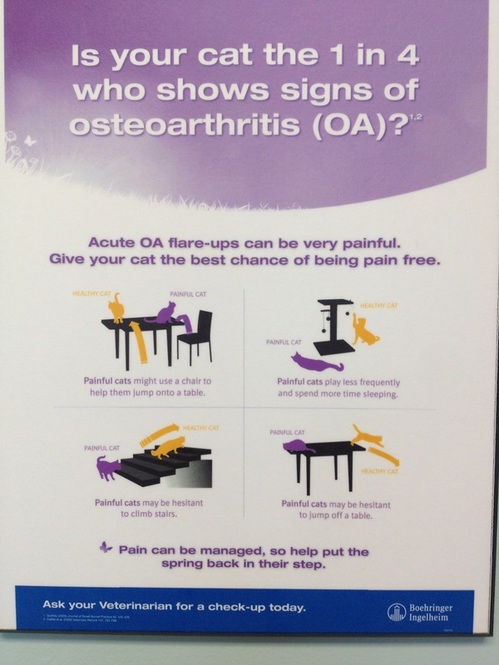Resources
Senior Cat Care
Senior Cat Care
Cats are considered to be senior after the age of 7 and geriatric once they reach age 15. With cats living into their mid-twenties, cat owners can do many things to help keep them living active and pain-free lives.
There are also some things to be on the look out for that may indicate your senior cat has a medical problem.
- First and most important is to ensure your cat has regular visits to their vet. This should be at least once a year, but becomes more important as they age so twice yearly visits are recommended. Especially for cats with known chronic medical conditions.
- Early diagnosis and treatment are much better for the overall longevity and quality of life of your cat. (at any age!)
- Know your cat’s habits and watch for changes in daily behaviour.
- Watch for changes of any kind, such as changes in appetite and drinking, changes in weight, changes in sleep habits, changes in social interactions, changes in the litterbox, and vomiting.
- Excessive vocalization, especially at night.
- Hiding.
Early detection of problems and earlier treatment will lead to longer and happier lives!
Tips to help your senior cat with day-to-day life:
Think about the litterbox from your cat’s perspective – size, shape, location, covered or uncovered, etc. Senior kitties are often sore and stiff from arthritis and would really appreciate a litterbox that is easy for them to get to and get in and out of. Avoid placing the box somewhere that requires your cat to use a set of stairs to get to. Ensure the area is well-lit and not anywhere there is a lot of traffic or noise. Choose a box that has low sides, is uncovered, and is large enough for your cat to turn around.
Think about the litterbox from your cat’s perspective – size, shape, location, covered or uncovered, etc. Senior kitties are often sore and stiff from arthritis and would really appreciate a litterbox that is easy for them to get to and get in and out of. Avoid placing the box somewhere that requires your cat to use a set of stairs to get to. Ensure the area is well-lit and not anywhere there is a lot of traffic or noise. Choose a box that has low sides, is uncovered, and is large enough for your cat to turn around.


Consider using ramps, pet stairs, or stools to help your kitty get up and down from their favourite spots, such as your bed, couch, window sill, etc. Senior kitties still have a love for high places; they just need a little help getting up there.
Consider using ramps, pet stairs, or stools to help your kitty get up and down from their favorite spots, such as your bed, couch, window sill, etc. Senior kitties still have a love for high places, and they just need a little help getting up there.
Finally, if your cat is slowing down, stiff and sore, or not jumping up anymore, there are things your vet can do to help them live more comfortable and pain-free lives. There are lots of medications for arthritis that are safe for older cats under your veterinarian’s supervision, plus various supplements and even laser therapy can all help arthritic cats with their mobility and comfort level.


